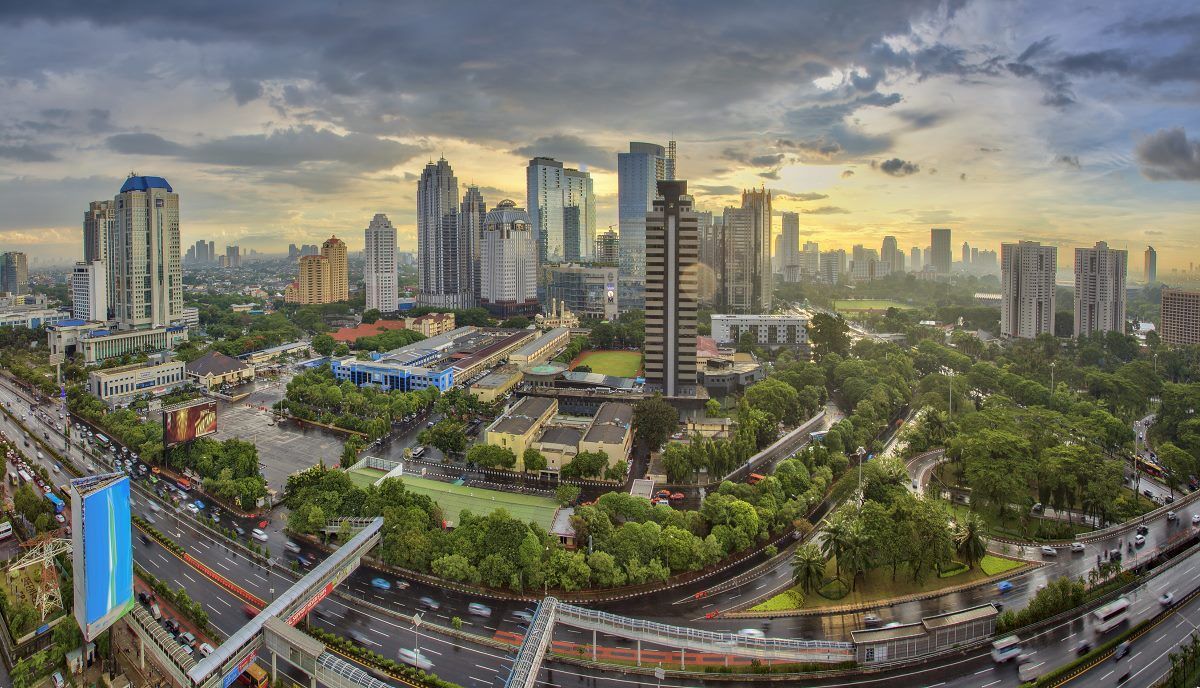Indonesia’s GDP growth in the second quarter (April-June) of 2023 surpassed expectations, showing the highest growth rate in the past three quarters, despite challenges from high-interest rates and falling commodity prices impacting exports.
As per government data, the country’s GDP grew by 5.17% year-on-year between April to June 2023, exceeding expert projections of 4.93%. This unexpected acceleration comes despite weakening exports, which experienced a contraction of 2.75% in the second quarter, compared to a growth of above 10% in the first three months of 2023.
Additionally, the country’s economy expanded by 3.86% on a quarterly, non-seasonally adjusted basis, surpassing the expert predictions of 3.72% growth.
“Spatially, the Indonesian economy in quarter II-2023 shows strengthening in several regions. The province group on Java Island is the main contributor to the national economy with a role of 57.27% and recorded a growth rate of 5.18% (y-on-y) compared to quarter II-2022,” said the country’s statistics agency.
Previously, Indonesia’s GDP witnessed its highest growth rate in nine years in 2022, expanding by 5.31% year-on-year. Subsequently, in the first three months of 2023, the country’s economy experienced a GDP growth rate of 5.03%. Looking ahead, the Bank of Indonesia predicts the country’s economy to grow at around 4.5% to 5.3% in 2023.
Household, govt spending drives Indonesia’s GDP growth in Q2
Indonesia’s GDP has expanded at a better-than-expected rate in the second quarter of 2023, primarily due to a rise in household consumption, which accounts for more than half of the country’s GDP. Between April to June 2023, it rose by 5.2% year-on-year.
This spike was attributed to increased spending during the Eid al-Fitr festivities in late April and the June school holidays by the country’s statistics bureau. Moreover, substantial growth was also witnessed in the country’s investments and government spending during this period, with both more than doubling to 4.63% and 10.62%, respectively.
“Growth was delivered by robust domestic consumption and a punchy increase in government outlays. Household spending benefited from moderating inflation, with that possibly coming back to target as early as May. Strong household spending and government outlays helped offset the challenges on the external front…,” writes Nicholas Mapa, Senior Economist at ING.
In a nutshell, Indonesia’s economy in the first half of 2023 grew by 5.11% (year-on-year). The Transportation and Warehousing Business Field experienced the highest growth of 15.59% from the production side, while the Government Consumption Expenditure Component saw the highest growth of 7.53% from the expenditure side.
“With inflation softening further, we can expect household spending to offset soft export growth in the coming months. Meanwhile, increased economic activity ahead of the February 2024 election could also offset the slowing of capital formation, which appears to be weighed down by Bank Indonesia’s recent rate hike cycle,” informs Mapa of ING.


 Australia
Australia China
China India
India Indonesia
Indonesia Japan
Japan Malaysia
Malaysia Philippines
Philippines Singapore
Singapore South Korea
South Korea Taiwan
Taiwan Thailand
Thailand Vietnam
Vietnam







